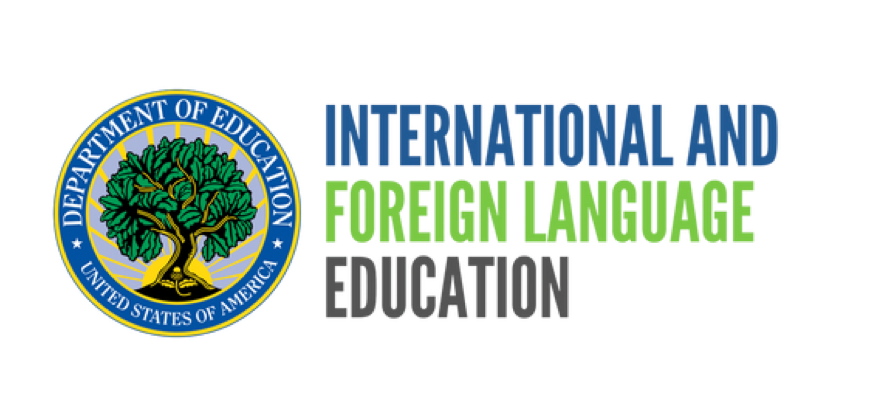
“The significance of this longstanding federal investment cannot be overstated,” said Steven Hanson, associate provost and dean for International Studies and Programs. “To be recognized at this level over many decades is a testament to MSU’s strong legacy of global engagement and it continues to bolster our critical work as we move the university into the future.”
Functioning as national resources for research, teaching and outreach in their focus areas, the National Resource Centers (NRC) at MSU support a variety of programs focused on internationalizing the curriculum and student experience on campus, encourage foreign language study, and develop area study resources for the community.
The Foreign Language and Area Studies (FLAS) Fellowships Program allocates funding for MSU to provide fellowships to undergraduate and graduate students who are studying less commonly taught foreign languages and area studies.
Three area study centers, housed in International Studies and Programs, were each awarded NRC and FLAS Fellowships Program grants, both of which are administered by the International and Foreign Language Education office.
The African Studies Center has been a designated NRC for decades, dating back to the 1960s, and received $2,622,692 for 2022-2026. The African Studies Center’s work will include programming such as a summer K-12 teacher education institute; continued community college partnerships for capacity strengthening in international education; and expanded online Exploring Africa middle and high school curriculum for elementary instruction.
The Asian Studies Center was first designated as a NRC in 2000 and received $2,311,948 for the 2022-2026 cycle. The Asian Studies Center aims to transform Asia-focused offerings by intensifying programs like LATTICE—a collaborative project that promotes sustained interaction in international studies among university and K-12 educators—which will seek to serve more rural schools through events with Michigan 4-H; and expanding collaboration with partners such as Lansing Community College (LCC) through the LCC-MSU Japanese Studies partnership and student-to-student engagement.
The Center for Latin American and Caribbean Studies (CLACS) previously received NRC/FLAS funding from 1991 to 2006 and was awarded $1,985,116 for 2022-2026. Projected CLACS programming includes developing new courses and academic programs across multiple MSU colleges; funding undergraduate and graduate students to study Less Commonly Taught Languages, including Portuguese and Indigenous languages in the region; producing online open educational resources and language learning materials for Portuguese and Quechua; expanding Latin America content for pre-service teachers in the College of Education’s Global Educators Cohort Program; and launching innovative outreach partnerships.
Two other MSU centers also received and announced Title VI awards this cycle.
The International Business Center (IBC) in the Eli Broad College of Business received $1,216,920 to continue operation of the Center for International Business Education and Research (CIBER). IBC has served the international business community for more than 30 years as a NRC with the mission to make U.S. businesses more competitive internationally through education, research and assistance. MSU is one of only 16 universities to be designated a CIBER university in this funding cycle.
The Center for Language Teaching Advancement (CeLTA) received a $675,708 Language Resource Center award. One of 16 LRC’s nationwide, CeLTA’s National Less Commonly Taught Languages Resource Center recognizes the pressing national need for access to high-quality language teaching and professional learning materials and forging strategic collaborations at the interinstitutional level in today’s global society.
“This university achievement reflects the passion, talent and work of many individual Global Spartans who believe in the power of international research, education and partnership and are intentional in their practice,” said Hanson.